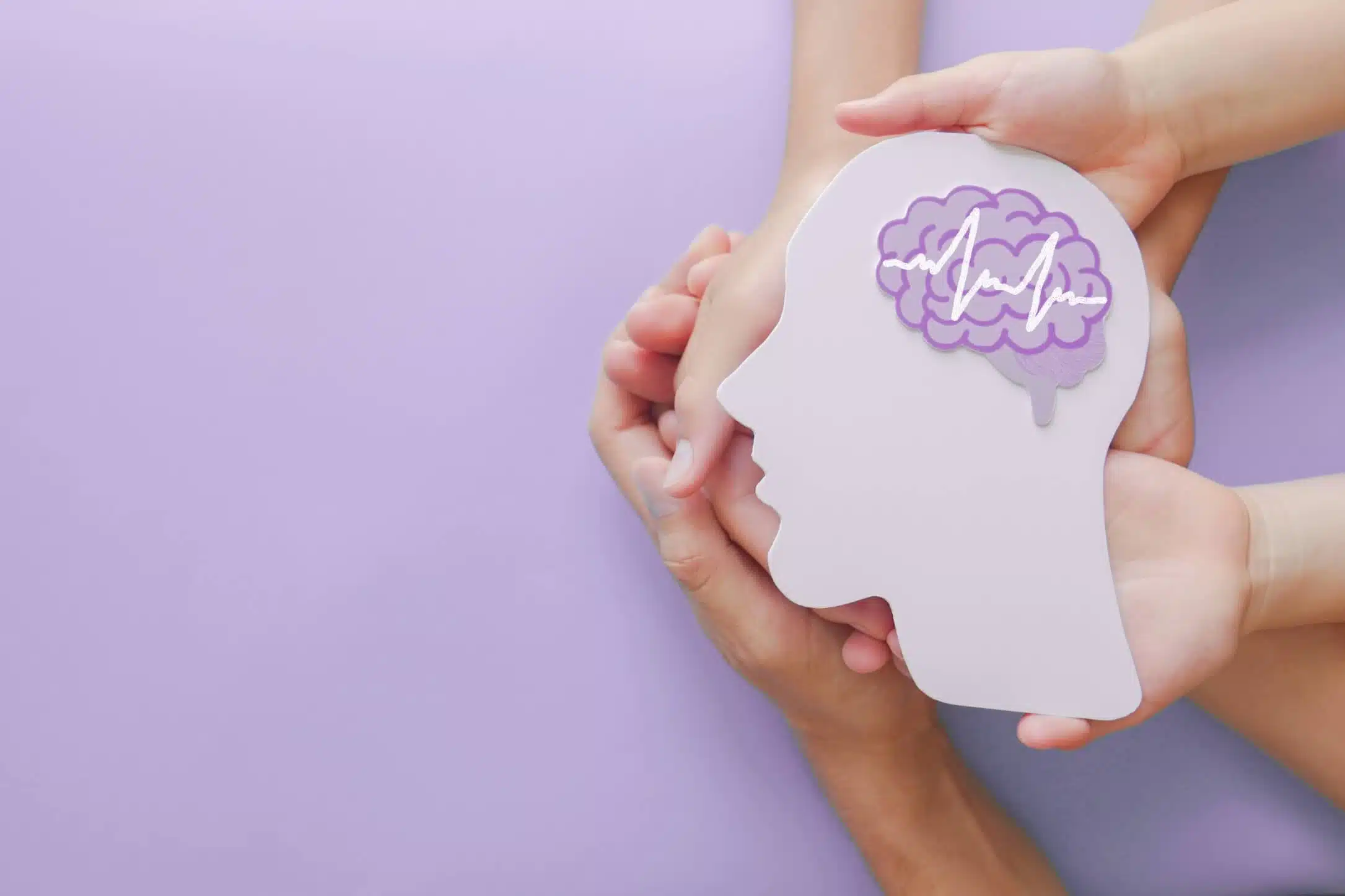Strokes can significantly affect the brain’s ability to process and retain information, leadin...
Understanding Tension Headaches: A Guide for Patients in the UK
Among the various types of headaches, tension headaches are the most common, often characterised by ...
Understanding the Link Between Epilepsy and Memory Loss
For many patients with epilepsy, the challenge of managing the condition extends beyond the characte...
Essential Tremor vs Intention Tremor: 10 Key Differences
Hands quivering uncontrollably while trying to drink your morning coffee, fingers trembling when you...
Is Eye Twitching a Sign of a Stroke? What You Should Know
Have you ever experienced eyelid twitching and wondered if it might be a sign of a stroke? While mor...
The Effects of Epilepsy on Child Development, Cognition, and Behaviour
Epilepsy is a neurological condition that affects millions of people worldwide. It is a disorder tha...
What Happens During a Neurological Exam?
During a neurological exam, a neurologist will make an assessment of a patient’s brain, and possib...
Is MS Genetic? Understanding the Role of Genetics in Multiple Sclerosis
Multiple sclerosis (MS) is a chronic and debilitating autoimmune disease that affects the central ne...
5 Benefits of Booking a Private Neurology Appointment
Developing neurological symptoms can be frightening and a source of great anxiety. It’s natural th...










